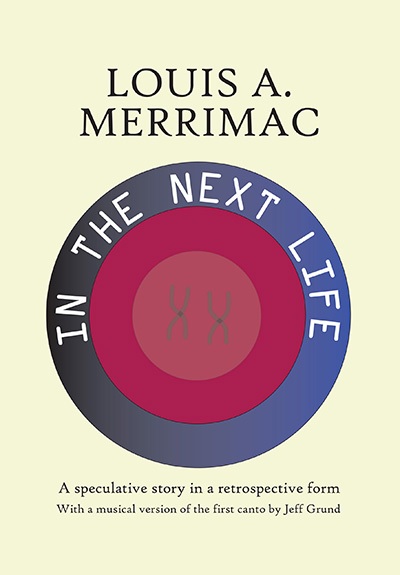
I started writing this story to make a point. Then someone pointed out that a point has no dimensions, so I stretched it out, but the result was a hyperbolic parable. Are there any math geeks reading this? Okay, then, I’ll just go home now. First, though, I have a few things to say.
- I can never remember whether to add or subtract for the lack of a Year 0. Nobody seems to know what year Pythagoras died, however, so I feel I’m entitled to some slack here. On a related note, I think the pedants who quibbled about which year the millennium started were buying into the notion that it had some significance beyond the threat of software malfunctions, and thus were behaving no more rationally than the people they affected to correct. I’ve been waiting a long time for a good chance to say that.
- After I finished the first draft, I added footnotes, most of them to explain some of the arcane references in the story. That was before I learned that virtually all knowledge of interest to more than a few people is available on the internet (and the more trivial it is, the easier it is to find). The footnotes ended up looking even sillier than when I wrote them, so I removed them. Perhaps I should have kept those that served as warnings of certain details cropping up later in the story. Among these are the original shell numbers in Canto I and the setting at the end of Canto II.
- Please bear in mind that this was written when artificial intelligence was much less advanced than it is now. I suppose that part of the story comes across as rather quaint, much like reading early science fiction when I was young.
Buy it: Amazon | Apple | Barnes & Noble | Kobo | Scribd | Smashwords
Many of us have a friend or relative who, on hearing “Someone ought to invent…” or “Someone ought to start a business…”, helpfully suggests substituting “I” or “We” for “Someone”. I confess to being one of those usually not so helpful friends. Thus, when I had the thought in 1995 that someone ought to write a science fiction story about giant robots that are only vaguely aware of humans living inside them and don’t realize they are really acting for the benefit of those humans, my first reaction was that I was obligated to make that same substitution. I attempted a novel, but I was unable to develop characters or compose believable dialog, so I abandoned the project. Then I remembered that I had previously written a little story in verse that wasn’t half bad, so I tried it that way. After almost 30 years of sporadic work on it, I am at last getting around to publishing it.
My second reaction was that such a story has probably already been written. As I have read very little speculative fiction in the last 40 years, I find it easy to claim ignorance in that regard.
As this is not a novel, it cannot be considered a first novel, so I shouldn’t have to maintain that there is nothing autobiographical about it. Nonetheless, I want to emphasize that the unusual familial relationships are completely imaginary. One character is loosely based on a famous person whose lack of offspring was among the chief inspirations for the story. Any other resemblances are coincidental.
The music was written for my voice and my limited playing ability. The first and last numbers require a two-octave vocal range, which is more than I can manage well and not reasonable to expect of most people. If anyone wants me to try to make them more singable, please contact the publisher, and I’ll see what I can do.
Many thanks to Sue Trowbridge for her work on the book design and her guidance with the publishing process. I would also like to thank the friends who have made suggestions and given encouragement over the years. The names that come to mind, along with the one in the dedication, are Jeff Keehr, Alexandria Medici, and Jennie ButlerSwennes. Not least on this list is my cherished late wife, Noemi Levine.
Special thanks to my sister Andrea for the nom de plume and for starting me on the way I use metered verse.
JLG
August 6, 2023